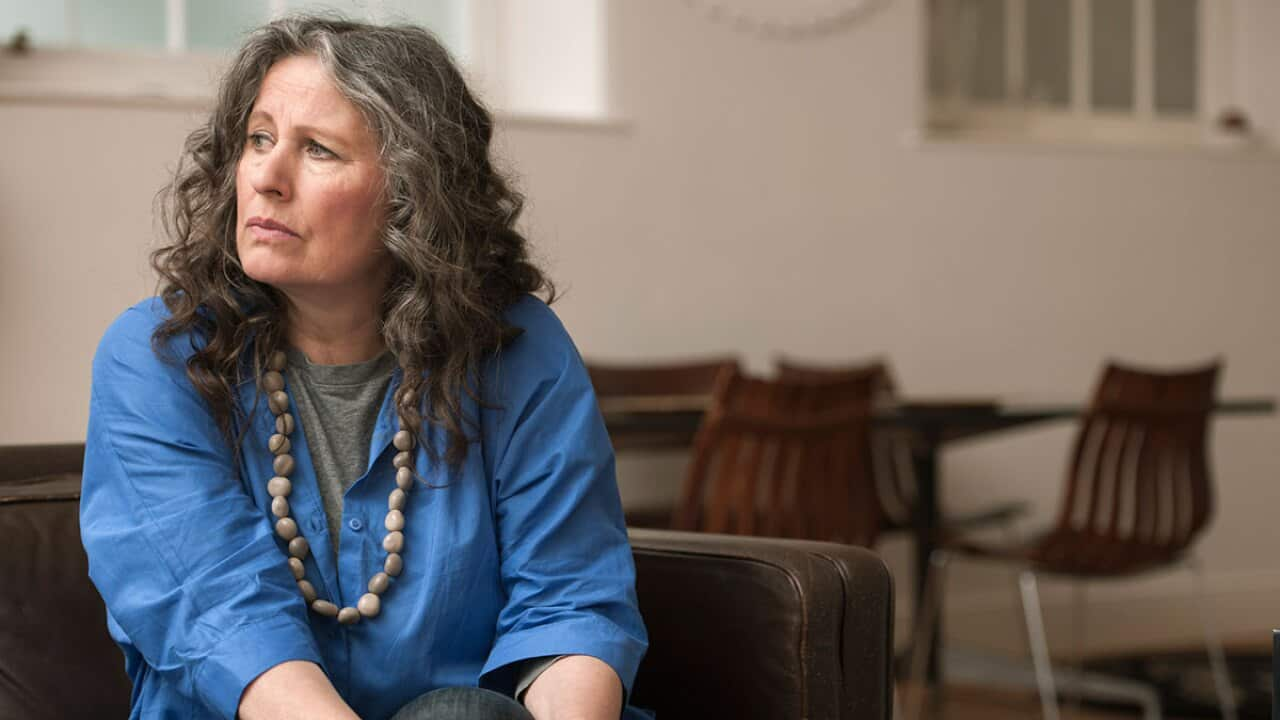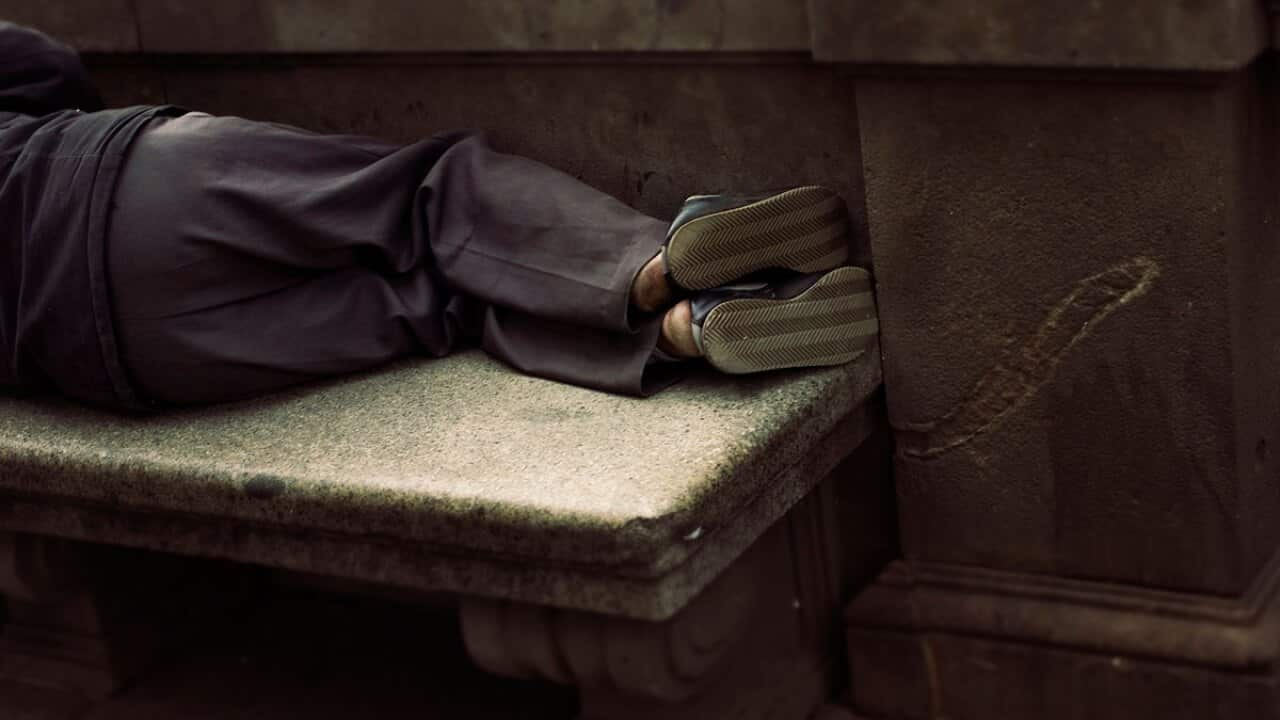It was *Jaimi's lack of speech that first alerted her parents that their baby daughter was developing differently to her older sister, Lisa, who had started talking by her first birthday. Jaimi was also late walking. “She didn’t walk until she was one and a half,” recalls her mother, Sharon.
When Jaimi was six, her parents found out she had Angelman Syndrome, a congenital condition that affects the nervous system and causes severe physical and intellectual disability. Jaimi, now 26, is nonverbal and requires 24-hour care, delivered by her parents and her sister Jessica, a disability support worker.
Jaimi’s experience in the school system was “absolutely shocking”, says Sharon. Jaimi, a diabetic, needs four insulin injections a day, but her mother says the school mismanaged her diabetes. “She would be given normal cordial at school…or she wouldn’t be given food,” says Sharon. “We used to pick her up after two hours and then take her back of an afternoon, if she would go back.”
Sharon didn’t have a driver’s licence at the time and her husband Shane gave up work to do the daily pick-ups and drop offs at Jaimi’s school. Sharon worked at a local tulip farm, a job that allowed her to attend Jaimi’s many meetings and appointments.
“My mum and auntie worked out there so I could get a ride with them. I could come and go, I wasn’t important,” she says. “It was the sort of job I could do that I could float in and out of.”
Many unpaid carers feel that they have no choice but to leave the workforce, in order to dedicate themselves to a caring role.
Today, Shane works as a support worker and Sharon has given up paid work to care for Jaimi. Her experience is common: , compared to 80 per cent of non-carers.
“Many unpaid carers feel that they have no choice but to leave the workforce, in order to dedicate themselves to a caring role,” says Ara Cresswell, CEO of Carers Australia.
As a result, carers regularly find themselves in a parlous financial position. The is just $520 per week, 42 per cent lower than the income of non-carers.
“A quarter of all carers rely on a government pension or allowance,” says Cresswell. Carers may be eligible for the Carer Payment, a means-tested benefit that pays up to $814 for single people and $1,227.20 for couples combined per fortnight. The Carer Allowance, not means-tested, pays $124.70 per fortnight.
and her mother Michelle, who share their story in SBS's new six-part documentary, Struggle Street series two, rely on income assistance to get by. Jessica, 22, has autism and Ehlers–Danlos Syndrome type six, a debilitating disease caused by problems in collagen production. “Jessica is on full disability pension now and I’m on the carer’s pension,” says Michelle on the show. “I lost a lot of money from not working anymore and everything is so expensive.”
The median income of primary carers is just $520 per week, 42 per cent lower than the income of non-carers.
Among their many expenses are hundreds of dollars of medical bills that stretch their meagre budget. Jessica’s declining mobility means she needs a wheelchair that costs $3000.
“There are a lot of added costs that carers face that are directly attributed to being in a caring role. We also know that carers don’t maintain employment or wages at the same level as others,” says Cresswell. “Financially, it's tough.”
Culturally and linguistically diverse (CALD) carers often must shoulder extra time-consuming responsibilities such as translating, especially in the absence of bilingual staff and culturally-specific services. Cresswell tells the story of her sister, who was her husband’s primary translator when he required care. “She would have to be on-site early in the morning, until late at night,” says the CEO, noting that “many CALD people, particularly as they age, cease to speak English.”
Carer-friendly workplaces
According to the into our ageing population, the number of Australians aged 85 and over is projected to more than quadruple by 2050. Cresswell predicts that without an equal increase in the number of qualified, paid aged and disability care staff needed to care for all of these extra older people, it's highly likely that more Australians will slip into unpaid carer positions than ever before.
“We, as a country, have to get more carer-friendly in terms of work or else a whole lot of people are going to struggle to be cared for," she says. "We are going to have find ways to support those unpaid carers to balance work and life and caring if we want them to perform that role.”
Carers Australia’s initiative aims to improve the capacity of carers to combine employment with their caring responsibilities. “We aim to do that by encouraging businesses and employers to become carer-friendly,” says Cresswell.
If I say, ‘I’m going to go out and get a job and earn thousands’, she loses, doesn’t she? It’s at her expense that I benefit.
Carer-friendly workplaces help businesses retain productive employees and their expertise, she says. “The research tells us that those people who are able to balance work and care benefit from the economic inclusion and the social inclusion, [and] the employer benefits by not having to continually retrain and, also, benefits from not just the skill level of the employee, but their loyalty.”
Sharon says she would love to return to the workforce, but realises it is not practical while she cares for Jaimi. “I had an offer years ago to do shift work, but I can’t do that,” she says. “If I say, ‘I’m going to go out and get a job and earn thousands’, she loses, doesn’t she? It’s at her expense that I benefit.”
Caring for Jaimi may take a toll on the family’s finances, but Sharon is careful not to complain about her lot. “We’re not saints by any means. There are thousands of people like us,” she says. “It’s life.”
*Surname omitted for privacy reasons.
For information about carer support in your local area, call Carers Australia on 1800 242 636.
Struggle Street series two is produced by KEO Films with funding support from Screen Australia and Film Victoria.










